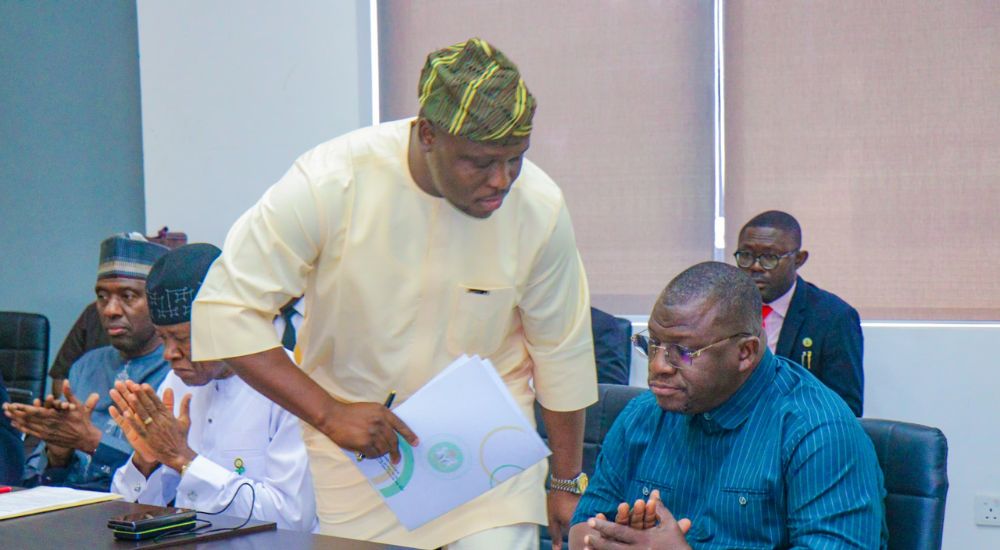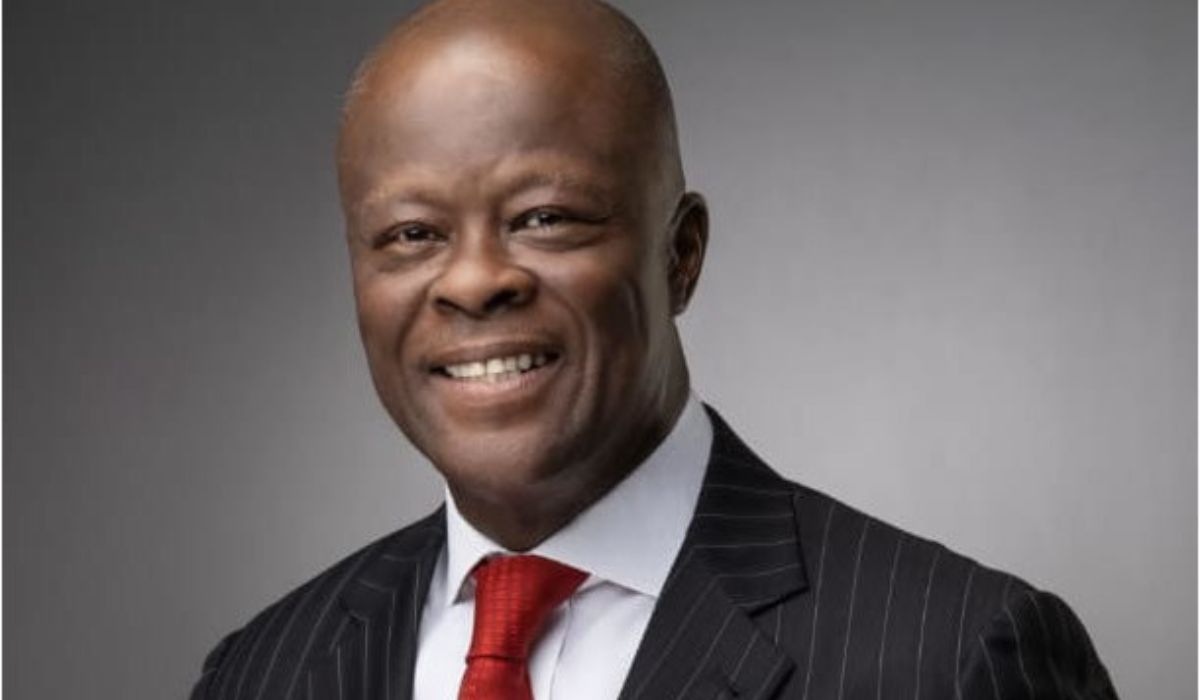Oil Price Volatility May Force Nigeria Into More Borrowing-Analysts

Nigeria’s rising fiscal pressures are likely to drive more aggressive domestic borrowing by the Debt Management Office (DMO), investment analysts at CardinalStone Limited have warned in their latest fixed-income market update.
The caution comes amid signs of tightening liquidity, shifting investor sentiment, and a significant increase in the federal government’s spending projections for 2025.
According to the investment firm, the Nigerian naira fixed-income market, which had witnessed yield moderation in January and February, reversed course in March, with average yields climbing slightly by 7 basis points.
This uptick, analysts said, was triggered by mounting fiscal concerns, strained financial system liquidity, and a strategic shift in the DMO’s debt issuance calendar.
“Fiscal worries stemming from volatile oil prices and weaker oil production are likely to make the DMO more aggressive on borrowings,” CardinalStone said, noting that the change in trend could cause some investors to rotate out of naira-denominated assets in search of more stable returns elsewhere.
In a notable deviation from its earlier plan, the DMO increased its March 2025 borrowing target significantly.
The analysts noted that initially scheduled to issue N1.90trn in Treasury Bills—resulting in a net repayment of ₦742.10bn—the DMO revised its plan to ₦2.82trn, leading to a net borrowing of ₦179.73bn. The number of auctions conducted within the period was also increased.
CardinalStone analysts believe this unexpected upward revision signaled a more urgent financing need by the government, driven largely by a recent increase in the federal budget.
The 2025 spending plan was revised upward to ₦54.9trn from ₦49.7trn, intensifying concerns over how the government intends to meet its funding requirements.
“To our minds, the DMO needed to fully roll over maturing instruments and increase stop rates in a bid to retain foreign portfolio investors (FPI) funds, whose excitement in naira assets waned in the period due to global risk-off sentiments amid volatile oil prices,” the firm explained.
The report further highlighted that in early March, yields—particularly at the short end of the curve—had initially moderated, following a pattern established in previous months.
However, the trend reversed as liquidity in the banking system dried up. During the period, commercial banks increasingly turned to the Central Bank of Nigeria (CBN)’s discount window, with net borrowings averaging ₦570bn, indicating significant liquidity pressure.
These developments have raised concerns among market participants about the sustainability of current fiscal assumptions, particularly given global economic uncertainties and Nigeria’s overreliance on oil revenue.
The Minister of Finance has since indicated that the government is reviewing its budget assumptions to align with emerging macroeconomic realities.
Analysts at CardinalStone concluded that continued fiscal strain and uncertainty in oil earnings could make the DMO more aggressive in both the volume and frequency of local debt issuance.
The pressure to maintain investor confidence, particularly from foreign portfolio investors, could also prompt further adjustments in interest rates and debt auction strategies.
As the government juggles rising expenditures, tighter system liquidity, and a cautious investment climate, stakeholders are closely watching the DMO’s next moves, which could significantly influence yield trends and capital market dynamics in the months ahead.
Oil Price Volatility May Force Nigeria Into More Borrowing-Analysts is first published on The Whistler Newspaper





